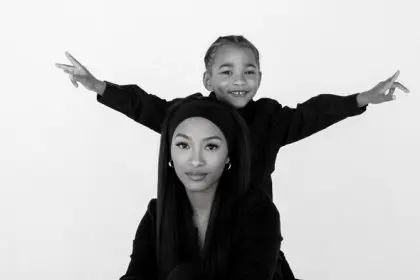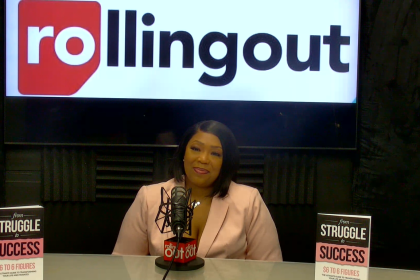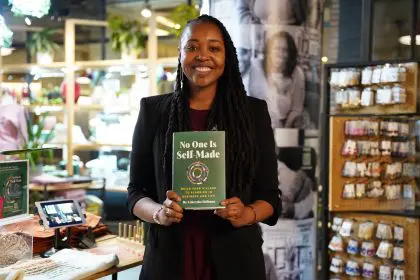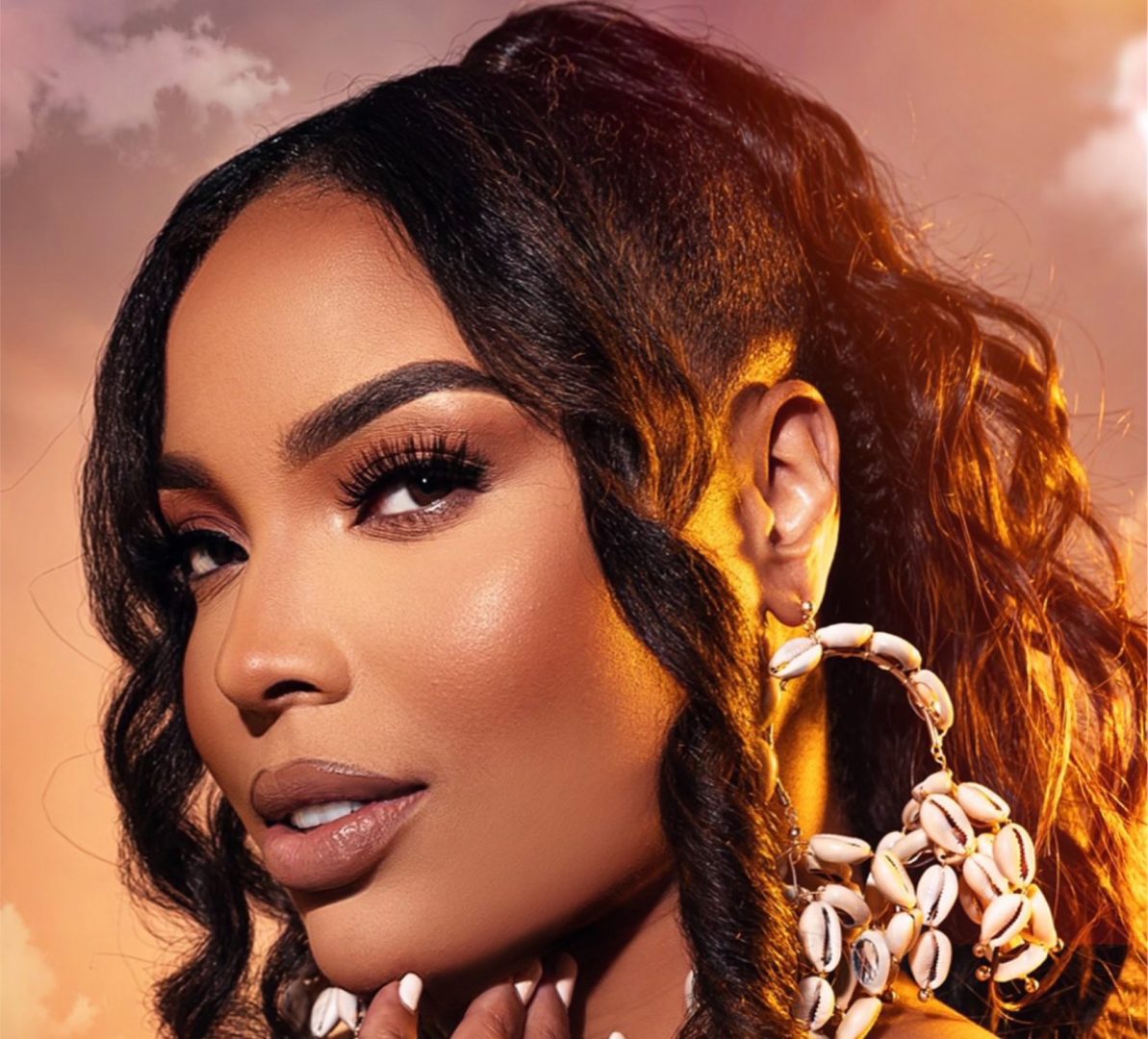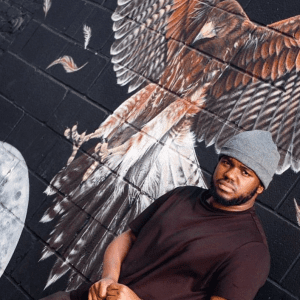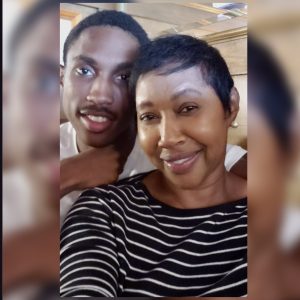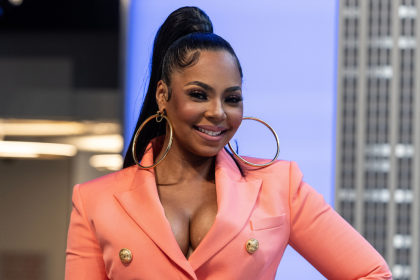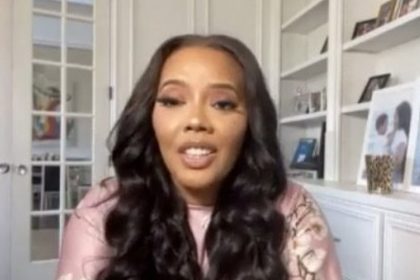What advice do you have for authors on how to sharpen their craft?
Understanding your brand. My brand is writing diversely. I always have marginalized characters at the center, which is something unusual for romance in a lot of ways. What was significant for me about Queen Move is conventional wisdom in traditional romance says that if you put a Black woman on the cover it won’t sell as well. So it was a really big deal for Queen Move to hit the USA Today bestseller list with a Black woman on the cover.
Work on your craft. I have a journalism degree, and I started writing for newspapers when I was 17 years old, and I’m in my 40s now. I’ve been writing for a really long time and I have a degree, but when [it] came to fiction, I didn’t assume I knew. I started from scratch and started taking craft courses on fiction. Make sure your craft is solid.
I am what’s called a hybrid author. I started in this business with a traditional book deal with one of the big five New York publishers, which is great. I didn’t make very much money, so I decided to start self-publishing. If you want to self publish you know you’re going to have to grind, you’re going to have to learn constantly. Self-publishing is a model that yields more money because you get to keep more depending on what kind of deal you get, but learn the business.
Tell us about the RITA award that you won.
In the romance community, Romance Writers of America RWA, we have an award called the RITA. It was co-founded by a Black woman, a romance editor named Vivian Stevens, and yet no Black woman had ever won RITA in almost 40 years. I was incredibly humbled and honored that last year one of my books, Long Shot, won. I became the first Black author to ever win that award, which was groundbreaking

